Premium Only Content
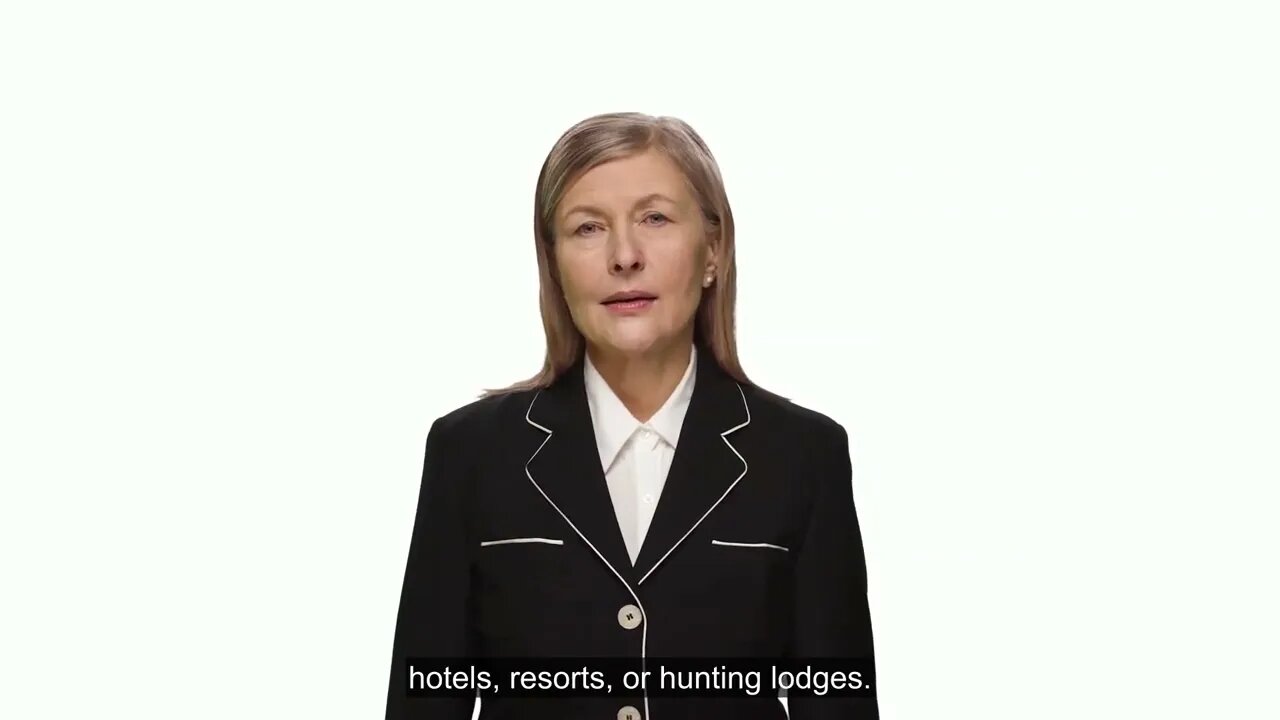
Supreme Court Justices Required to Disclose Travel and Gifts Under New Rules
Supreme Court Justices Required to Disclose Travel and Gifts Under New Rules
The US Supreme Court has long been subject to questions regarding the subsidized travel of its members. However, a recent move by the court may address these concerns. Justices will now be required to disclose more of their activities, including some free trips, air travel, and other types of gifts, according to rules adopted earlier this month.
The new rules require justices and other federal judges to report travel by private jet, as well as stays at commercial properties such as hotels, resorts, or hunting lodges. The move comes after members of Congress called for the justices to be held to ethics standards similar to those for the executive and legislative branches.
While some advocates pushing for greater transparency on the court cautioned that the rules would be hard to enforce, legal experts greeted this month’s move with cautious optimism. The new rules, which went into effect on March 14, were adopted by a financial disclosure committee of the Judicial Conference of the United States, the policymaking body for the federal courts.
However, some advocates for greater transparency in the court urged for additional requirements, including quicker turnaround for disclosing travel and gifts and penalties for failures to comply, to be added to the new measures for more effective implementation. Without such provisions, the new rules are likely to have a limited effect, they said.
The justices have faced questions regarding subsidized travel for years. Questions around travel by the justices have persisted for years, particularly since the death of Justice Antonin Scalia in 2016. Justice Scalia died while on a hunting trip at a lodge in West Texas owned by a businessman involved in a case that the court declined to hear in 2015. Justice Scalia, who had been staying at the ranch for free, had taken more than 250 subsidized trips from 2004 to 2014.
Justice Scalia had been invited to the ranch by John Poindexter, owner of a Texas manufacturing firm. One of Mr. Poindexter’s companies, the Mic Group, had been the defendant in an age discrimination lawsuit by a former employee who had unsuccessfully sought review by the Supreme Court the year before.
However, Justice Scalia was hardly alone in accepting privately paid trips. From 2004 to 2014, Justice Stephen G. Breyer took 185 such trips, according to a database by the Center for Responsive Politics.
The issue of privately paid travel also emerged in 2011, a year after the landmark campaign finance case Citizens United, which allowed unlimited corporate spending in elections. A liberal advocacy group, Common Cause, argued that Justices Scalia and Clarence Thomas should have recused themselves from hearing the case because they traveled to a political conference in Palm Springs, Calif., sponsored by the businessman Charles G. Koch, one of the biggest donors to Republicans.
In conclusion, while the new rules are a significant step towards greater transparency in the Supreme Court, they are not enough on their own. Advocates for greater transparency have called for more stringent rules, quicker turnaround for disclosing travel and gifts, and penalties for failures to comply. If these are implemented, it will go a long way towards ensuring that the Supreme Court's members are held to the same high ethics standards as other branches of government.
WORK CITED
VanSickle, Abbie. "Justices Must Disclose Travel and Gifts Under New Rules." The New York Times, 29 March 2023, https://www.nytimes.com/2023/03/29/us/politics/supreme-court-trips-gifts-disclosures.html.
-
 LIVE
LIVE
Side Scrollers Podcast
3 hours agoAstronomer CEO/HR Scandal, NPR/PBS DEFUNDED, Mortal Kombat II Trailer REACTION | Side Scrollers
266 watching -
 LIVE
LIVE
Viss
2 hours ago🔴LIVE - How to Win The Battleground with Tactics, Precision, & Knowledge!
192 watching -
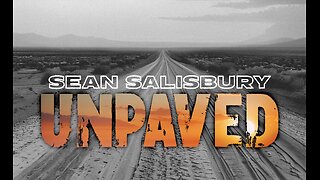 DVR
DVR
Sean Unpaved
1 hour agoNo Respect for Hurts, Gillis Goes Wild, MLB Trade Deadline Buzz, & CFB's Big Question
7.35K -
 1:04:54
1:04:54
Timcast
2 hours agoCNN SHOCKED Trump APPROVAL Went UP Following Epstein Scandal
112K82 -
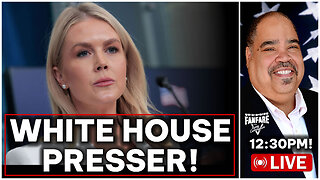 LIVE
LIVE
Barry Cunningham
13 hours agoMUST WATCH: KAROLINE LEAVITT HOSTS WHITE HOUSE PRESS CONFERENCE!
2,145 watching -
 10:51
10:51
Adam Does Movies
2 hours ago $0.19 earnedI Know What You Did Last Summer - Movie Review
4.59K1 -
 DVR
DVR
The Tom Renz Show
1 hour agoThe DOJ Does Something! They Sue to Keep Fluoride in the Water???
5.99K4 -
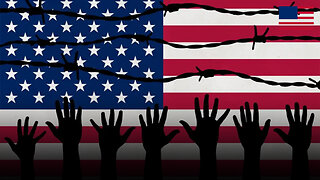 1:58:42
1:58:42
The Charlie Kirk Show
2 hours agoDefund NPR + New War in Syria? America's Military Restored| Ashkar | 7.17.25
31.1K4 -
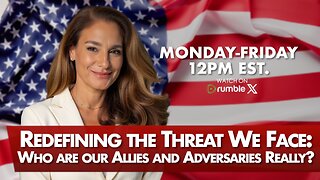 1:39:35
1:39:35
The Mel K Show
2 hours agoMORNINGS WITH MEL K - Redefining the Threat We Face: Who are our Allies and Adversaries Really? 7-17-25
21.4K3 -
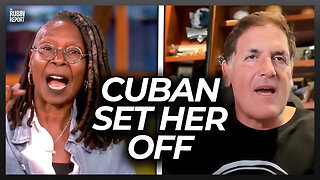 40:09
40:09
The Rubin Report
3 hours agoListen to ‘The View’ Crowd Gasp as Whoopi Melts Down Over Mark Cuban’s Mild Criticism of Dems
70.9K65